关键GCSE生物知识点概念解析
生物学是研究生命的学科。许多关键的概念支撑着整个生物GCSE。理解这些概念将有助于你从整体上看问题,并在上下文中理解每个生物学主题。下面A加未来小编就带大家一起来解析一下那些关键的GCSE生物知识点概念,希望对大家有所帮助。
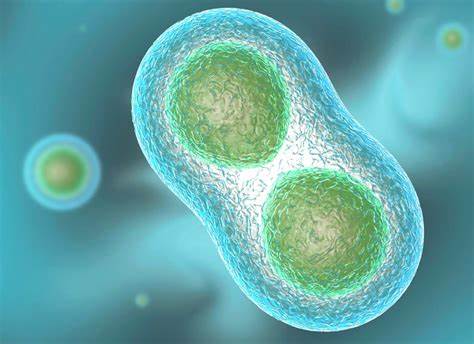
Key idea 1:Life processes depend on molecules whose structure is related to their function
All life processes depend on biological molecules like sugars,lipids,nucleic acids(DNA)and proteins.Each molecule needs to be taken in,broken down and built up again inside organisms and in the case of DNA,inherited.Human DNA codes for the structure of our proteins which we make in our cells from amino acids created from the proteins we eat and digest.The structure of proteins is intricately linked to how they function.Take an enzyme with an active site that is specifically shaped to fit a substrate.Distort that shape in any way and the protein will not function.Protein distortions can lead to inherited diseases.But occasionally an improved protein may form,giving an organism an advantage over its competitors by helping it adapt more readily to its environment.
Key idea 2:Life on Earth depends on photosynthesis
Photosynthetic algae and all plants use photosynthesis to synthesise glucose as the primary building block of carbohydrates,proteins and lipids.These organisms are therefore the producers of food on Earth.All other creatures in the ecosystem are consumers and the movement of carbon compounds through food chains forms part of the carbon cycle.
Key idea 3:Organic compounds are used as fuels
Sugars and more complex carbohydrates like starch are used as fuel in respiration,a reaction that releases energy that can then drive the other chemical reactions necessary in all life forms.These chemical reactions occur inside cells–the fundamental building blocks of all life.
Key idea 4:The fundamental units of living organisms are cells
Some organisms are single cells.Their large surface area to volume ratio helps them ingest from their environment and excrete waste.In contrast,multicellular organisms have a low surface area to volume ratio.Their multitudes of cells need to specialise for a particular job and work as a‘team’with other specialised cells of their type to form tissues.Several tissues can form organs that work with other organs in a system.Several organ systems can create an entire organism.
Key idea 5:Living organisms are grouped as species;each species adapts to their environment and is interdependent on other species in their ecosystem
Organisms with similar characteristics that can reproduce successfully are referred to as a species.The total number of a single species in a habitat is a population.All the populations in a habitat form a community.These communities,alongside the abiotic factors in their habitat,form an ecosystem.Every individual in the ecosystem depends on other individuals for food,shelter,nutrient cycling and so on.This interdependence is so intricate that the loss of a single species in the ecosystem can have a dramatic effect on all the other species.
Key idea 6:Chemicals in ecosystems are constantly cycled
In any ecosystem,carbon is cycled from carbon dioxide in the air to carbon compounds such as glucose(which is used as a fuel in all organisms).Nitrogen is cycled from nitrates in soil into amino acids and proteins in plants.Nitrogen can be released back into the atmosphere by decomposers and denitrifying bacteria.Nitrogen-fixing bacteria can bring atmospheric nitrogen back into biological systems via their mutualistic relationship with leguminous plants.Water is also cycled into biological systems by photosynthesis and released into the atmosphere by respiration,and transpiration.
Key idea 7:Evolution occurs by natural selection
Although life ends for all individuals,it continues for the species.Unless an entire species dies,in which case it becomes extinct.Those species that survive do so because they are better adapted to their environment,because of nature selecting those individuals who have inherited the best genes.
Key idea 8:An organism’s genome helps it adapt to its environment
Genes are the instruction manuals for building proteins.These proteins are involved in transport across cells and metabolic reactions,have structural roles,may be pigments or can provide organisms with different metabolisms,health and strength.Genes are coded for by DNA bringing us back again to our first key idea of biological molecules.Without these biological molecules,cells and the process of photosynthesis there would not be any life,you would not be here and there would not be a Biology GCSE to study for.Fact!
以上就是A加小编关于GCSE生物知识点中的关键要点解析,希望能够帮助大家更好的贯彻GCSE生物的学习。更多GCSE课程学习问题,欢迎随时咨询我们。
 喜欢 [0]
喜欢 [0] 推荐课程
猜你喜欢 More

2020-03-25
美国高中录取学生的几大标准,你准备好了吗?
2019-08-30
SAT考试是什么意思?有什么用
2021-01-16
2021年针对GCSE考试及评估变更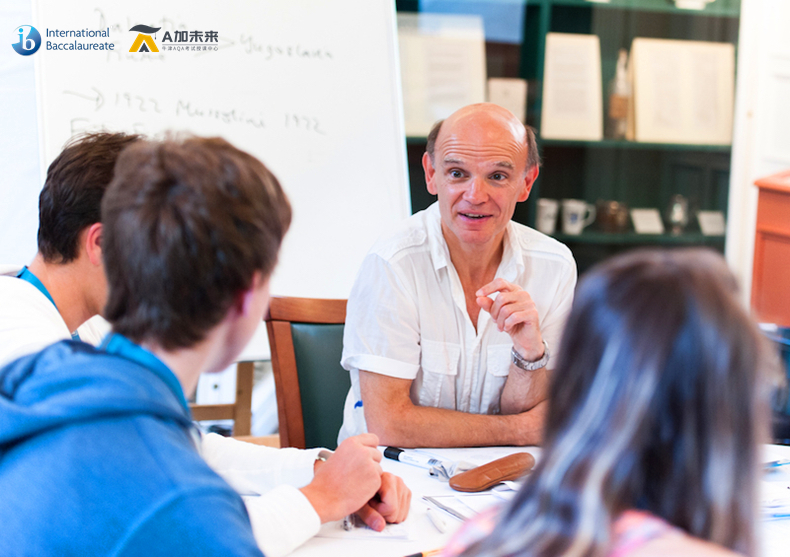
2024-08-25
"国际梦想与现实的抉择:高二生的A-Level之路"







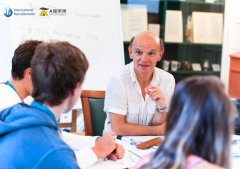
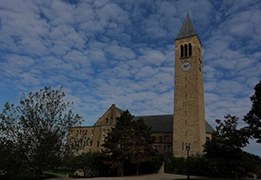

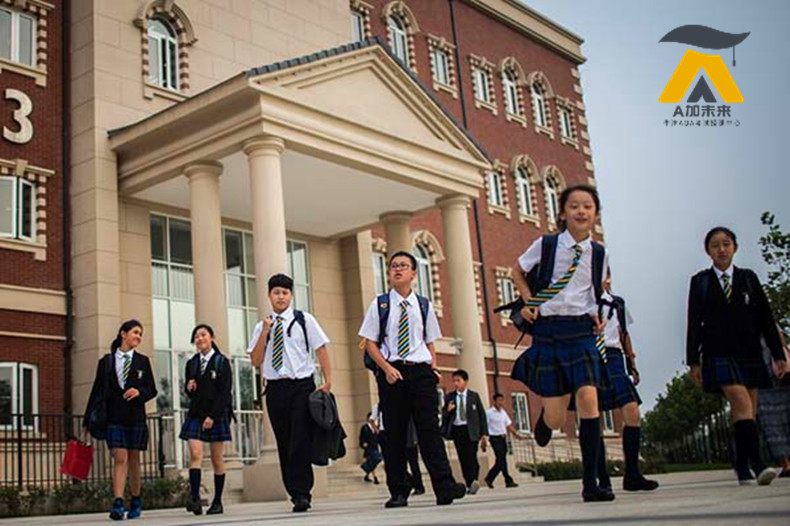

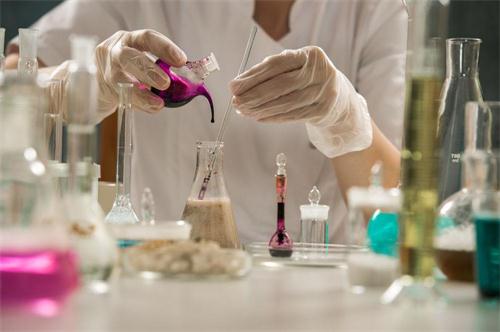

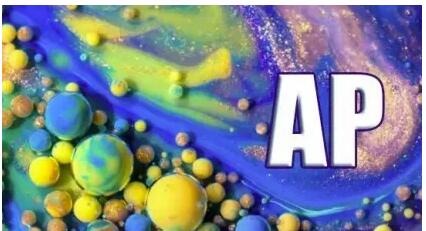
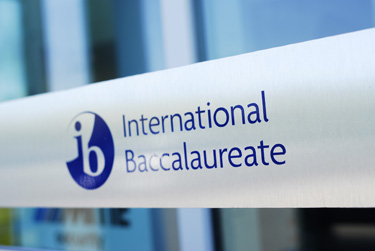


 官方微信
官方微信

 官方微博
官方微博
